Lin Mezori, the matriarch behind Pure Recovery, has transformed the wellness and recovery space with her vision of blending innovative therapies and ...
Breaking Barriers: Adria Gross’s Journey in Medical Insurance
Written by: Carolyn Young
Carolyn Young is a business writer who focuses on entrepreneurial concepts and the business formation. She has over 25 years of experience in business roles, and has authored several entrepreneurship textbooks.
Published on November 14, 2023
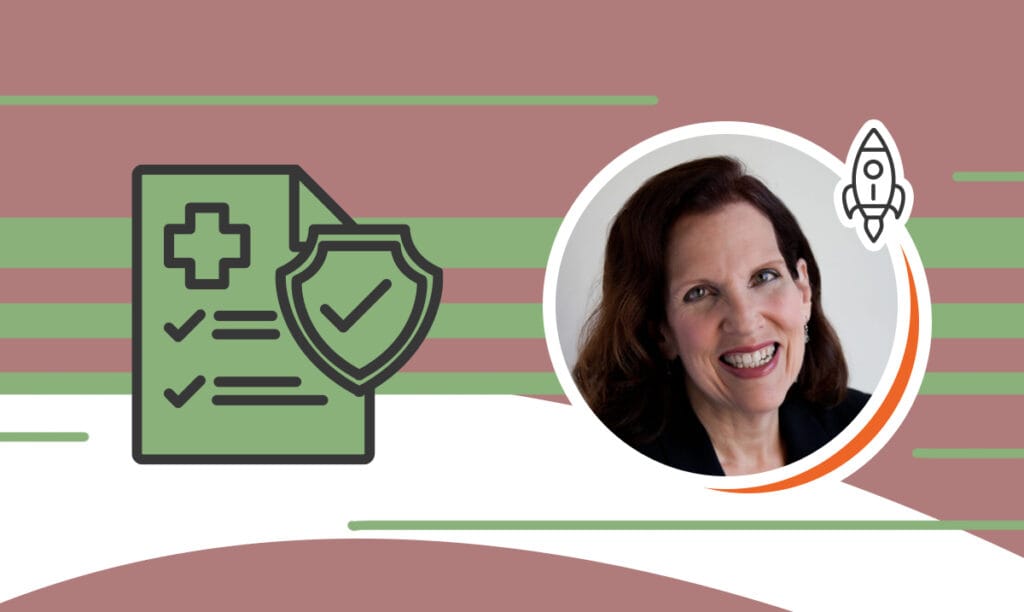
In the intricate and often overwhelming world of medical insurance, navigating the labyrinth of policies, claims, and billing can feel like a herculean task for the uninitiated. Enter Adria Gross, a seasoned crusader in the realm of insurance advocacy, whose journey and insights we are about to explore in this engaging interview. As the CEO and founder of MedWise Insurance Advocacy, Adria Gross stands as a beacon of hope and clarity for those entangled in the often confusing web of medical billing and insurance claims.
This interview delves into the heart of MedWise, uncovering the initial spark that ignited Gross’s passion and led to the birth of a company that champions the rights of consumers against medical overbilling. With a rich background spanning over 25 years in the insurance business, including pivotal roles at Blue Cross/Blue Shield and American International Group, Gross brings a wealth of knowledge and experience to the table. Her journey is not just a story of business acumen but a testament to her unwavering commitment to making healthcare billing more transparent and fair for consumers.
Join us in this enlightening journey as we unravel the story of MedWise and the woman at its helm, who has made it her mission to advocate for fairness and transparency in medical billing.
The Genesis of MedWise: Main Idea and Motivation
SBS – What was the main idea behind your business? What motivated you?
Adria – The first chapter of my book, Solved! Curing Your Medical Insurance Problems was sent to HBO in 1995 because one of my doctors told me, “You should do a movie about everything you’ve been through in your life.” My other book is coming out hopefully on Valentine’s Day, with the same coauthor — Douglas Winslow Cooper. I never imagined myself ever writing a book, ever. I never imagined that I would be filmed on CBS and would receive the WCBS Women’s Achievement Award. So many things have happened in this time period that were never planned. It was a total shocker to me.
But it all comes from one thing. I was very sick at the age of eleven and a half in 1965. I was in school, I got sick, and someone walked me down the hall. I sat in a chair and went into a coma. My father comes two hours later to get me, and he’s driving me home and realizes, “Oh, my God, she can’t talk. She can walk, but she can’t talk.” Then he turned around and drove me to the hospital. I wake up ten hours later in the hospital, looking at the cross on the wall, thinking, “Where am I?” To the right was the rabbi from my synagogue, and to the left was my parents. I’m thinking, “Holy cow, what’s happening?”
Did you ever see The Wizard of Oz? Dorothy comes out of her dream and sees all her parents and the people who work on the farm. That’s how I felt. I wake up, and I see these people around me. It was all caused by an insect bite. An insect bit a horse carrying encephalitis. It then bites me, and I get encephalitis. From the brain damage, I lived with epilepsy for almost 25 years until they took that damaged area out of my brain.
I was lucky to be alive. But every time I think about the story, I think of what I do now, where I help people every day. It took a long time from the surgery to opening this business. The surgery was in ‘89, and I opened this business about 14 years ago. But all the things that went on after the surgery until I opened my business 14 years ago were all up the ladder. After the surgery, I kept on learning things, and I kept on using them to help myself and others.
Branding Insight: Decoding the Choice of “MedWise”
SBS – That is an unbelievable story! Why did you choose the name you have right now for your business (MedWise)?
Adria – Everything that I have done since the surgery is for health reasons. I started a YMCA in my area after I took leadership for the county where I come from. I knew that my children needed a place to hang out and go after school, and I wasn’t thinking about anybody but my children. Then, I started a YMCA in my area, and now everybody has a place to go. It even brought 100 jobs to the area. So, everything that I’ve done since the brain surgery is all medical insurance-related, anything involving health.
When the time came, I spoke to some friends, one of whom owned a business and the other who lectured all over the United States in financial planning — and I came up with “Medical” and “Wise.” You have to be wise to understand what’s going on in the health insurance industry. That’s what brought me to this. My cousin designed the logo for me. He said, “Adria, I visualize this owl in front of a computer.” That’s how we came up with that design for MedWise.
Then, where it says, “We give a hoot about your claims,” the hoot is the owl. There are all these people out there getting denied their claims. I worked for two insurance companies, and within two weeks, each one taught me how to deny the claim. Then, I also learned how they overturned the case. What they would do to the insurance company is twist their arm, which I learned over those years. So, I was on the side that was denying, but now I’m on the other side helping.
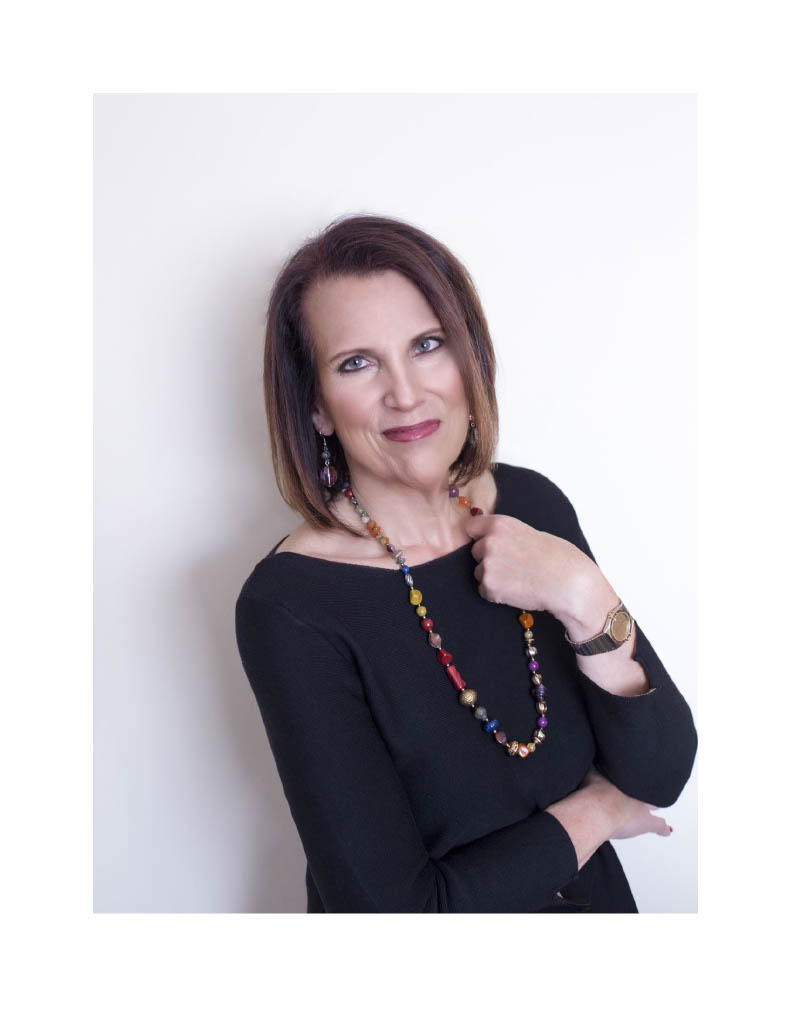
Inception Capital: Unraveling the Initial Funding Journey
SBS – Thank God for that. I assume it wasn’t easy, but how did you get the funds initially to start the company?
Adria – It only cost me $18,000 to open up a medical billing business. I had that before I had the advocacy. The medical billing business has been going on for about 18 years. Then, what happened was that the doctors changed the system. We went from paper to everything on a computer. The cost of them to get these programs was at least $40,000. They’ve decreased what doctors normally get from the insurance companies when they pay out the claims. So they’re losing money, and then they have these premiums that they have to pay if there are any errors, which are errors and omissions and liability coverage.
So, they’re having their own financial problems and getting to a point where they’re saying, “You know what? Let’s be part of this group where we won’t have to spend all this money individually.” Then they got all these big groups together where I worked with solo people, so business went down the tubes. I still have one person who I bill for, but other than that, it’s all advocacy. I think there’s more of a need because there are so few people out there who know how to advocate when it comes to medical bills. I definitely have a niche, and I’m one of maybe 60 people in the United States who really understand this business.
Industry Expertise: Exploring the Scarcity of Competent Professionals
SBS – Why do you think there is such a meager number of people who are good in your business and who know what to do?
Adria – There is a company in Pennsylvania, and the CEO of the company and I have been in at least four articles together. A recent article came out through the Associated Press, and it has both of our names. I can’t tell the exact amount, but he might have at least 100 people working for him who do my work — but they don’t have the training.
I only know of two companies like that out there that have employees who don’t have years of experience and are not very knowledgeable in the field. Sometimes, I have cases that come to me, not directed, but they do some research and then find me. They’ll come to me because they see I have years of experience. I was on the other side, denying, and I now know how to twist the arms. And besides, it’s really the education experience that has me at a higher level because most people have never had to be on the other side denying the claims.
When I worked for the first insurance company, it was a little over a year, a year and a half after I had the brain surgery. I had to see the neurosurgeon, and I got a bill. My insurance company paid a part of it. I got a bill for $275, and I told them, “I’m working for you. Why am I getting billed for $275?” They said to me, “Okay, we’ll look at it and pay more.” So, that amount was reduced by $75, but I still had to pay the difference. And I’m thinking to myself, “If they’re doing this to me, what are they doing to people out there who have bills for over $100,000, a million dollars?” That was like a jab in the stomach, and I thought of what I could do to help them not to be in this situation.
A Glimpse into a Typical Day in Medical Insurance Advocacy
SBS – What would be a typical day for you in this business?
Adria – I usually have an idea of what I want to do the next day when I wake up in the morning. Also, I do take phone calls on the weekends. Don’t call me at night, but call me during the weekend if you want, it’s not a problem. Many times, like last Sunday, I had three phone calls between the hours of 5 and 9. I work that way because I really want to be available. But it’s all about prioritizing. When there’s a fire, or I know that this case is so important, we got to get this out by this time. That’s where I prioritize my work.
Building a Team: Recruitment Strategies and Team Dynamics
SBS – How do you hire people? Do you have a team that works for you, or are you working alone?
Adria – I have to be by myself. People do not know this industry. They really don’t. And to be able to train someone after 34 years of experience is not that easy. I have four to five people, sometimes more, working for me part-time, and they all do different things. There are no full-timers.
If I need help — let’s say I’m in a situation where I’m dealing with a case, and I need someone to do Excel sheets or something that is more clerical — I will bring on clerical people to help me, and I have plenty of people out there who can. But when it comes to the nitty gritty and what has to be done, I do the majority of that myself with these cases. That’s because there are so many avenues out there, so many options with a case.
I was just on the phone this morning with a woman who wants to help her husband’s aunt, who had a car accident and has got all these crazy bills — like, 50 different bills from 50 different providers. And I said to her, “Has that auto accident been settled?” The answer was “no.” My next thing was to ask her to look at those bills and see if they’re related to the injury because nothing will get settled until that case gets settled. Then, we’ll find out who the payer will be, and that’s what we have to identify the providers.
After that, I told her about different people who will all be part of this case where the aunt lives. Many states have three different departments — Consumer Affairs, Attorney General, and the Department of Insurance. And then I asked if she had auto insurance and about the insurance on the other person’s car if another vehicle was involved.
You also have to look at the attorneys, where they are, and what’s going on with the insurance companies. “The other issue is,” I told her, “if your aunt works for a large corporation, we even have to go to the Department of Labor. We can’t go to the Consumer Affairs.” So you’ve got two insurance companies, Consumer Affairs or the Department of Labor, if this is an ERISA plan. Then, you’ve got the two insurers for the autos, and then you got the attorney working on the case. So there are so many people that we have to reach out to to get this information.
And that’s what I told her. I only know this because of all the years of experience I’ve had, and most people don’t have it.
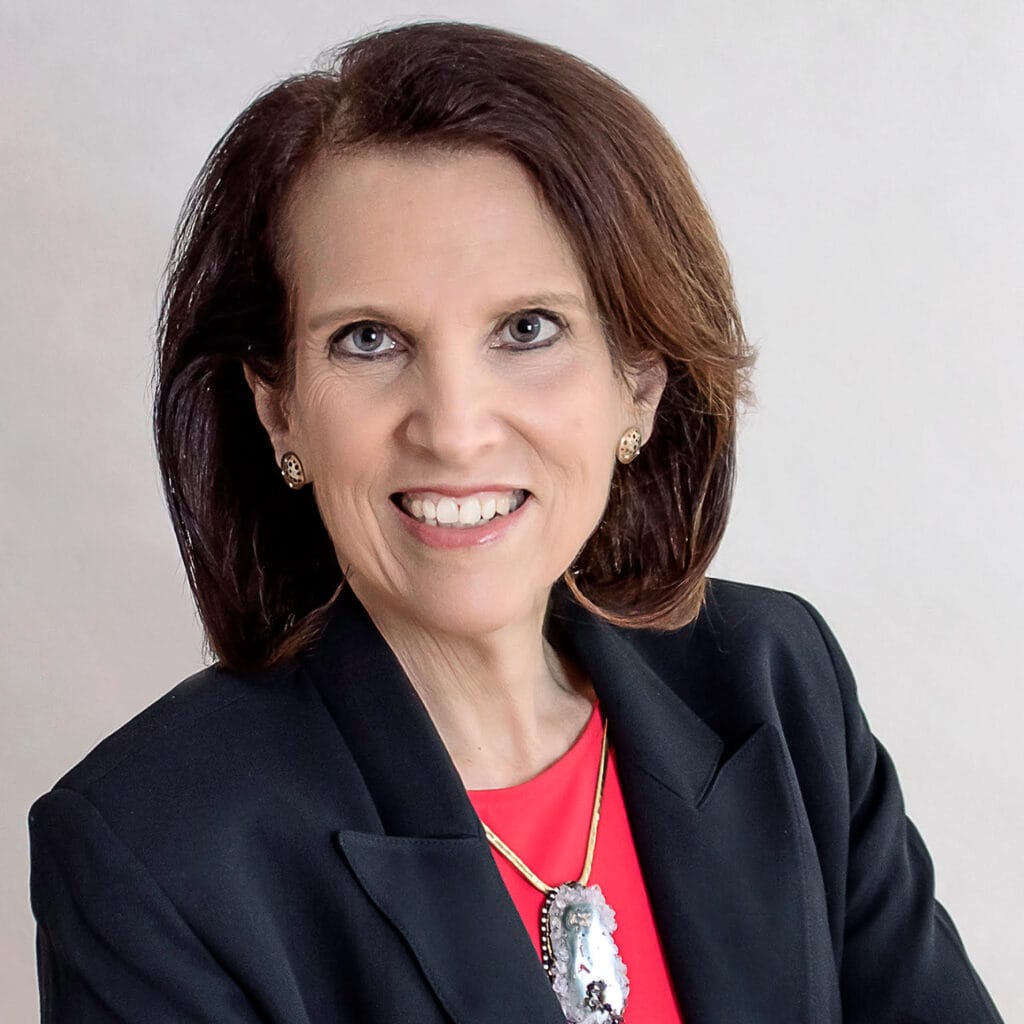
Client Acquisition: From First Client to Ongoing Lead Generation Strategies
SBS – How did you find your first client and how do you find new leads? Is it through some marketing channels or direct communication? What do you think is the most important thing for your business?
Adria – I am part of LinkedIn. I’m part of Facebook for both MedWise billing and advocacy. I’ve been on Twitter for quite a while. I don’t have a lot of people because I really don’t know what to do to get more people in. And I’ve hired people to do this. Two of the people who work for me do exactly this. When my next book comes out, I’m hiring someone to try and push the book out there.
A lot of my leads come from lecturing because I lecture a lot. Sometimes, people even pay me for my lecturing, but I’m always out there educating. People who hear me speak almost all remember the type of work I do unless they’re just sitting in a class to get credits and really don’t want to listen to me.
I have also been published many times, and the clients come from the publications, too. They also come from the website and YouTube. There are over 100 videos on there where I educate people all the time, and we keep on adding and adding. A lot of it also comes from word of mouth.
I just got a case this past week, and I have known this attorney for about ten years. She’s a divorce attorney, and her client has a problem where the insurance company is not paying for the claim, and it’s about $45,000–$50,000. And I know that I can get it overturned. I know what I have to pay to get. I’m going to get it paid no matter what.
Choosing the Right Business Structure for MedWise
SBS – What’s the business structure you chose for your business? Is it an LLC?
Adria – I’m incorporated.
SBS – Can you tell me why you chose incorporation over an LLC? What were your motives? Can you tell us the advantages of that structure?
Adria – Well, I didn’t know what to do. My father owned a textile waste business. He was incorporated, and when I started this business, he was still alive (he is no longer). It was partly him, but more so, an accountant who told me, “You really need to get it incorporated because if anything ever happens, you don’t want to be sued.”
When I started my business, I had no idea where to go. I’ve learned so much from others, but that’s why I chose that. And I just want to tell you that even publishing a book was not my idea. It came from my IT person, who I’ve known for 20 years. He’s always been behind me, giving me recommendations on what to do next. He’s helped me with the marketing. He’s owned an advertising company for marketing and advertising. It’s because of him. And every day, I keep telling him, “It’s because of you.” Even if I get upset with him, I always have to remember who helped me with this. I’ll never forget him.
Guidance for Aspiring Business Owners
SBS – What advice would you have for someone who wants to start a business like yours?
Adria – You really need to have the experience and knowledge. You need to understand what goes on behind those closed doors in the insurance companies. You have to understand it, and then you have to know when you’re being gouged.
I’ve had law firms call me up and ask me to be in court with them, and they want me to say something. For instance, let’s say you have an appendectomy, and with an appendectomy, the bill for that physician alone should never be more than $1,500–$6,000. But I’ve had cases where that doctor will turn around and charge them more, sometimes even $30,000. I’ve had attorneys come to me saying, “Will you come to court in front of the jury and the judge and tell them that the normal, reasonable, customary charges for this procedure are $50,000?” I said, “No, I’m not going to lie. I’m not going to help you.” I have a license. I’m not going to have my license or multiple licenses taken away.
You don’t want to be in that area where you’re doing the wrong thing. You really have to understand this industry well enough to know that you can do this, but you can’t do that. And this is the best way to get things done, but it takes a lot of experience to get to that point. When I started, there was no way I could have done what I’m doing now.
Client Advice: Navigating Challenges and Pitfalls
SBS – What advice would you have for people needing your services? What should they be careful about when they have similar problems? And how did you overcome the obstacles you might’ve had in your personal life because of all of your surgeries? How did you keep that optimism, which I see you have?
Adria – Well, I always recommend, “Read my book. Feel free to call me.” I always give 10–15 minutes of free information. Sometimes, they’re able to do it on their own. But the one thing that people need to understand is that this is the primary reason for bankruptcy in the United States.
I was written up in Good Housekeeping as number seven of the ten badass businesswomen. That’s the only place where it identifies that, at one point in my life, before and after the brain surgery, in a 14-month period when I was out of work, I had food stamps. So I know what it’s like not to have, and I know what it’s like to have. And my heart goes out to these people who don’t have. In my heart, in my soul, and in my mind — even if it be ten or 15 minutes a week — I know I have to help them.
SBS – And I’m very happy, to be honest, that we will have you on our site and that businesses like yours exist not just for you to earn money but also for the most important reasons — for you to help people.
Subscribe to Our Newsletter
and gain insider access to cutting-edge business insights and trends.
Featured Resources
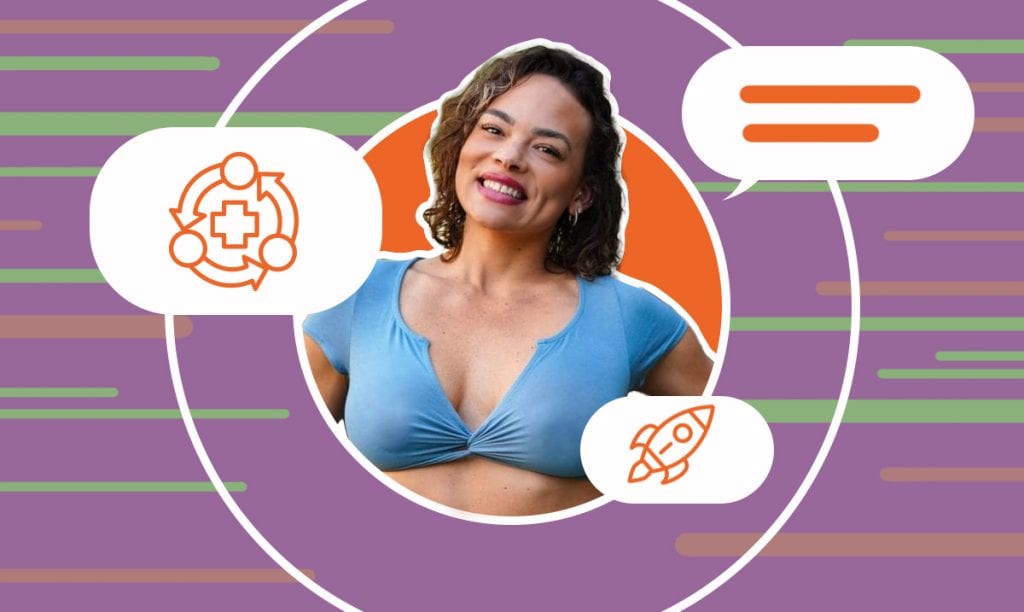
How Lin Mezori Is Transforming the Recovery Industry
Published on January 2, 2025
Read Now

How MedAssent DDS Supports Dental Medication Management
Published on September 2, 2024
Lauren Fang is a pioneering force in digital health, co-founding MedAssent DDS with a vision to revolutionize dental care. With a deep-rootedconnect ...
Read Now
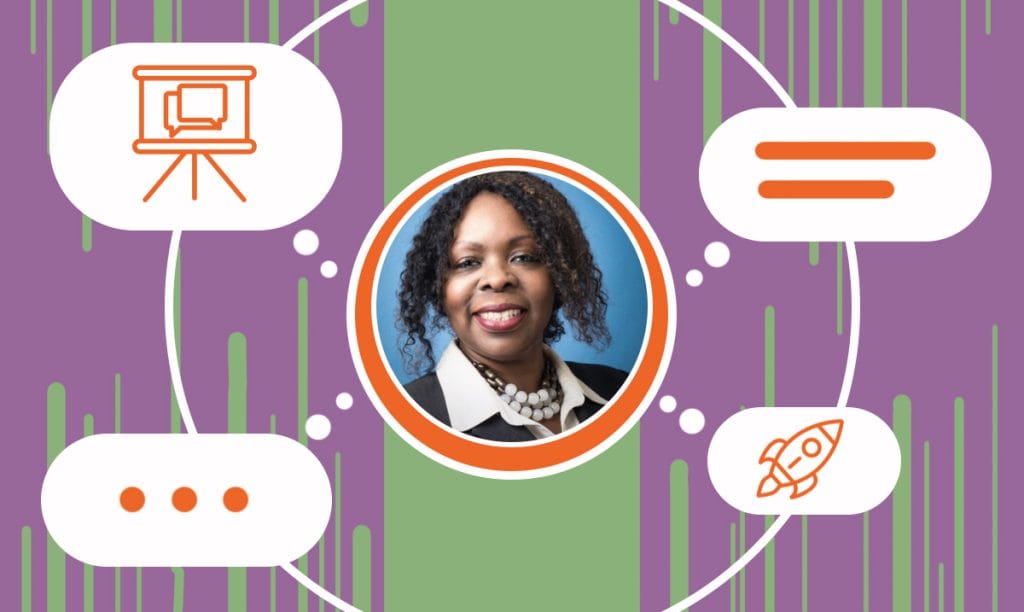
How Dr. Arlayn Castle Built a Transformational Coaching Business
Published on August 2, 2024
In this interview, we are excited to speak with Dr. Arlayn Castle, the visionary founder of Castle of Knowledge. Specializing in life andtransformat ...
Read Now
Comments